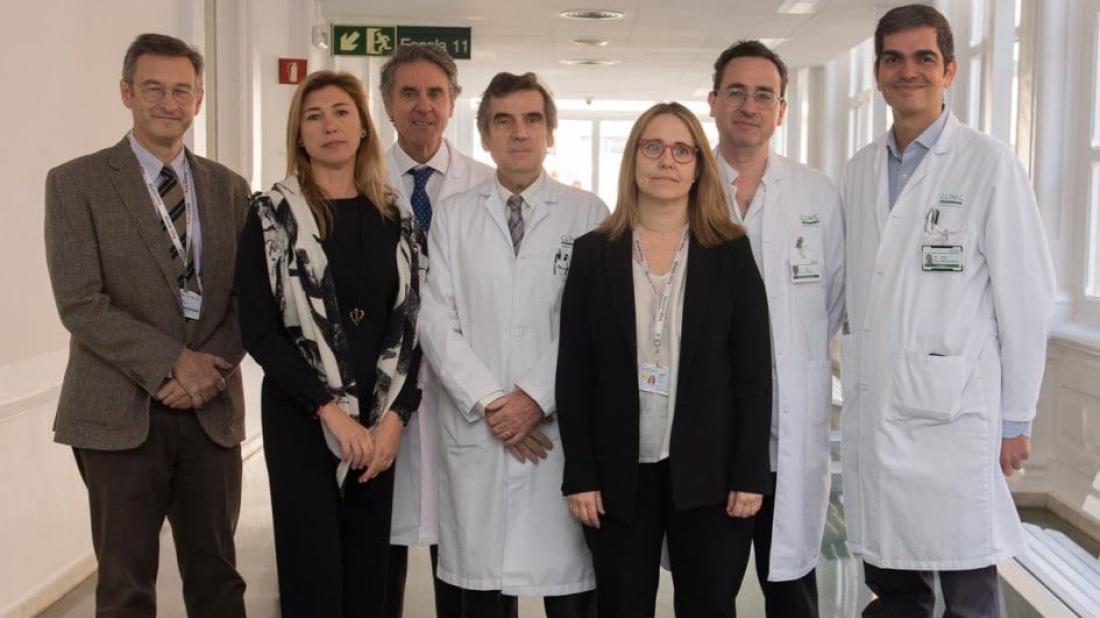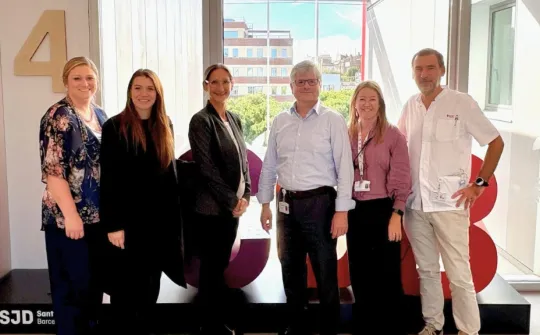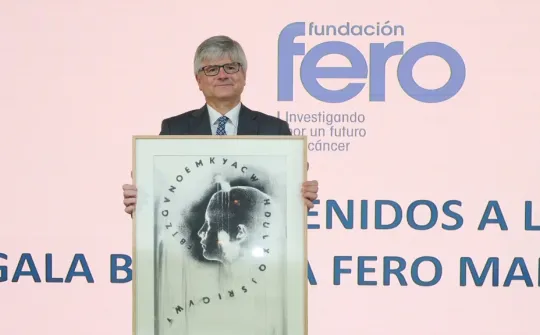SJD Barcelona Children’s Hospital participates in a trial on a new therapy developed by Hospital Clínic to treat lymphoblastic leukaemia

The trial evaluates the safety and efficacy of therapy in patients who do not respond to conventional treatments
SJD Barcelona Children’s Hospital is participating in a trial to evaluate the safety and efficacy of a new CART-T therapy developed by Hospital Clínic to treat patients with lymphoma or acute lymphoblastic leukaemia (ALL) who do not respond to conventional treatments. Susana Rives, haematologist in the Oncology Department, has treated the only paediatric patient out of the 10 patients who have received this therapy.
According to Rives, in some children, this treatment has very few side effects, compared to chemotherapy or transplant treatments, which are much more aggressive. In some cases, children or adolescents could even receive immunotherapy as outpatients or during very short hospital admission. If they overcome the first phase without difficulties, it is highly likely that they will be able to lead a normal life.
How CART-T immunotherapy works
CAR-T is a gene therapy that consists of modifying the T cells, a type of white blood cell responsible for the immune response, which are obtained from the patients themselves so that they have the ability to attack the tumour cells. Through apheresis, a technique that allows the separation of blood components, a number of T cells are obtained that are genetically reprogrammed. Thanks to this reprogramming, when these lymphocytes are transfused back into the patient, they can specifically recognise and attack tumour cells. CAR-T, which is currently only available for commercial use in the United States, is capable of eliminating lymphoblastic leukaemia in 85% of patients.
This immunotherapy developed by Hospital Clínic has been funded by the ARI Project. This initiative started off as a dream of Ari, a girl diagnosed with acute lymphoblastic leukaemia (ALL) who, alongside her mother, launched a campaign to raise funds to advance the research of this disease. Through this initiative, a total of 1,134,583 euros was collected from 56 companies, 23 foundations and associations, and 1,477 individuals.



